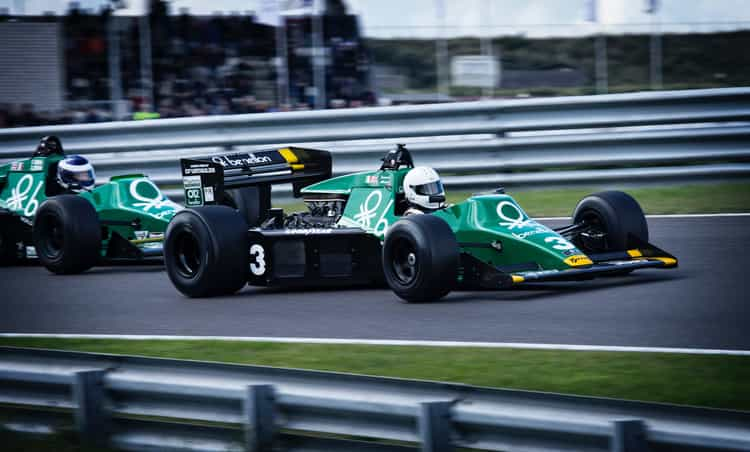
Formula 1 visits Barcelona's Circuit de Catalunya this weekend for the Spanish GP. A key component in helping F1 driver improve their performance is the telemetry data they get back from the F1 car. Telemetry data is just data measuring from a distance. As the drivers are racing around the circuit the engineers in the pits know exactly how the car is performing in real time.
For example last year at the European Grand Prix in Valencia, Lewis Hamilton found that his tyres were overheating. It was not burning rubber that gave it away. Instead, the news came from the pits, where his engineers monitor the numbers and graphs streaming in from their cars.
Once the driver has returned they can analysis the data to see exactly how they performed and what they can improve on. As a result, drivers are able to shave fractions of a second off their lap times. These, aggregated over a typical race’s 50 or so laps, can make the difference between winning and losing.
The same ideas from F1 can also be applied to commercial vehicle fleets - modern GPS tracking and telemetry systems can provide details on how drivers are braking and accelerating. Improvements in driving behaviour can help improve wear and tear on the vehicle and improve fuel efficiency.
You can see where your customers are based and make business decisions based on the geographic spread of your customers. Combining your customer locations with the GPS tracking of where your drivers are spending their time makes a powerful combination.
If you are interested and you need more information on Transpoco GPS systems please don't hesitate to contact us or check out our online demo.

Photo by Chris Peeters on Pexels


